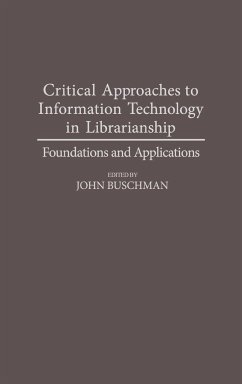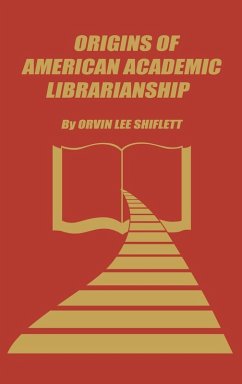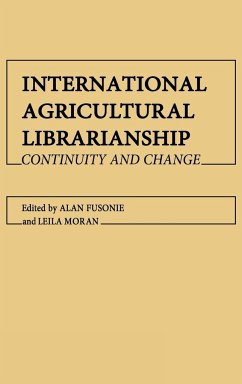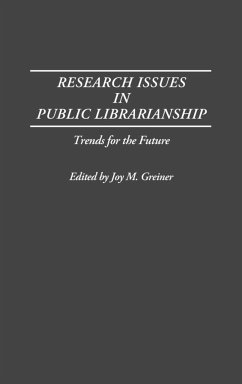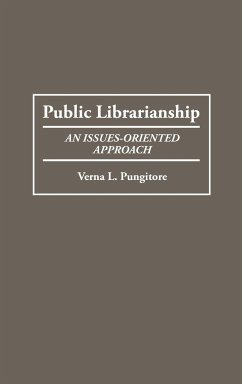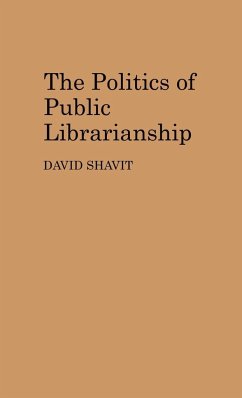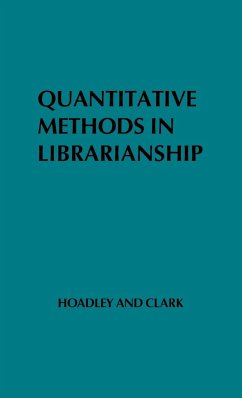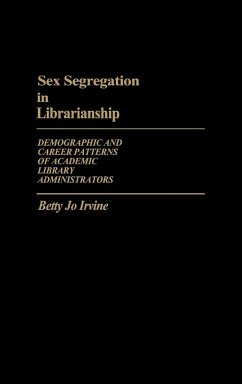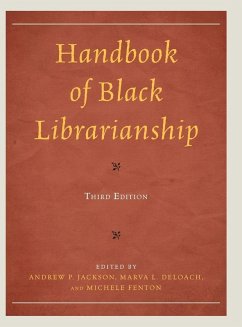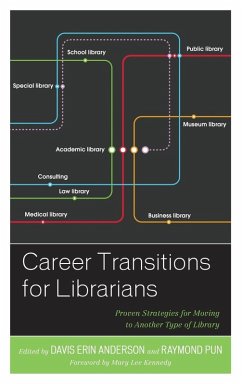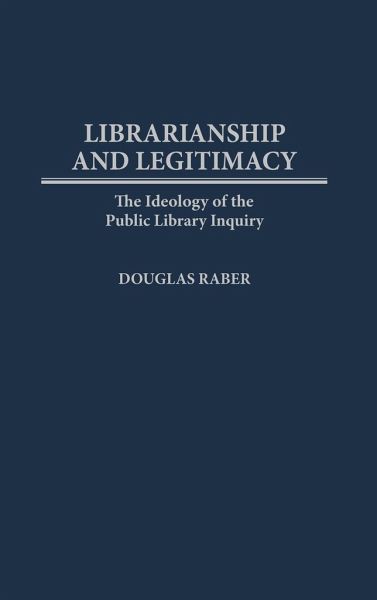
Librarianship and Legitimacy
The Ideology of the Public Library Inquiry
Versandkostenfrei!
Versandfertig in 1-2 Wochen
96,99 €
inkl. MwSt.

PAYBACK Punkte
48 °P sammeln!
The decade prior to World War II was a time of intense introspection on the part of librarians. There was considerable controversy over whether librarianship constituted a science in any proper sense of the term. Education for librarianship was undergoing close scrutiny and reform. Issues related to federal aid, adult education, and rural library development were unresolved and subject to heated discussion. In the late 1940s the Public Library Inquiry was conceived to study and document the conditions, achievements, and weaknesses of public libraries and librarianship. For the next 40 years, t...
The decade prior to World War II was a time of intense introspection on the part of librarians. There was considerable controversy over whether librarianship constituted a science in any proper sense of the term. Education for librarianship was undergoing close scrutiny and reform. Issues related to federal aid, adult education, and rural library development were unresolved and subject to heated discussion. In the late 1940s the Public Library Inquiry was conceived to study and document the conditions, achievements, and weaknesses of public libraries and librarianship. For the next 40 years, the Inquiry set the tone and agenda for professional discourse about the purpose of the public library. This book examines the professional and political ideology that informed and sustained the Public LIbrary Inquiry. The volumes of the Inquiry, while representing the results of research on the status of the public library and librarianship, also reveal a remarkably consistent ideological position that united them in a way perhaps unintended by their creators. Inherent in the Inquiry's discourse are particular notions and assumptions about the nature of American democracy, the public library, and relations between them. The Inquiry also reflects, in its recommendations, particular professional values that define what the public library's purpose ought to be if the library is to contribute meaningfully to a democratic culture, and gain social recognition of that contribution.



